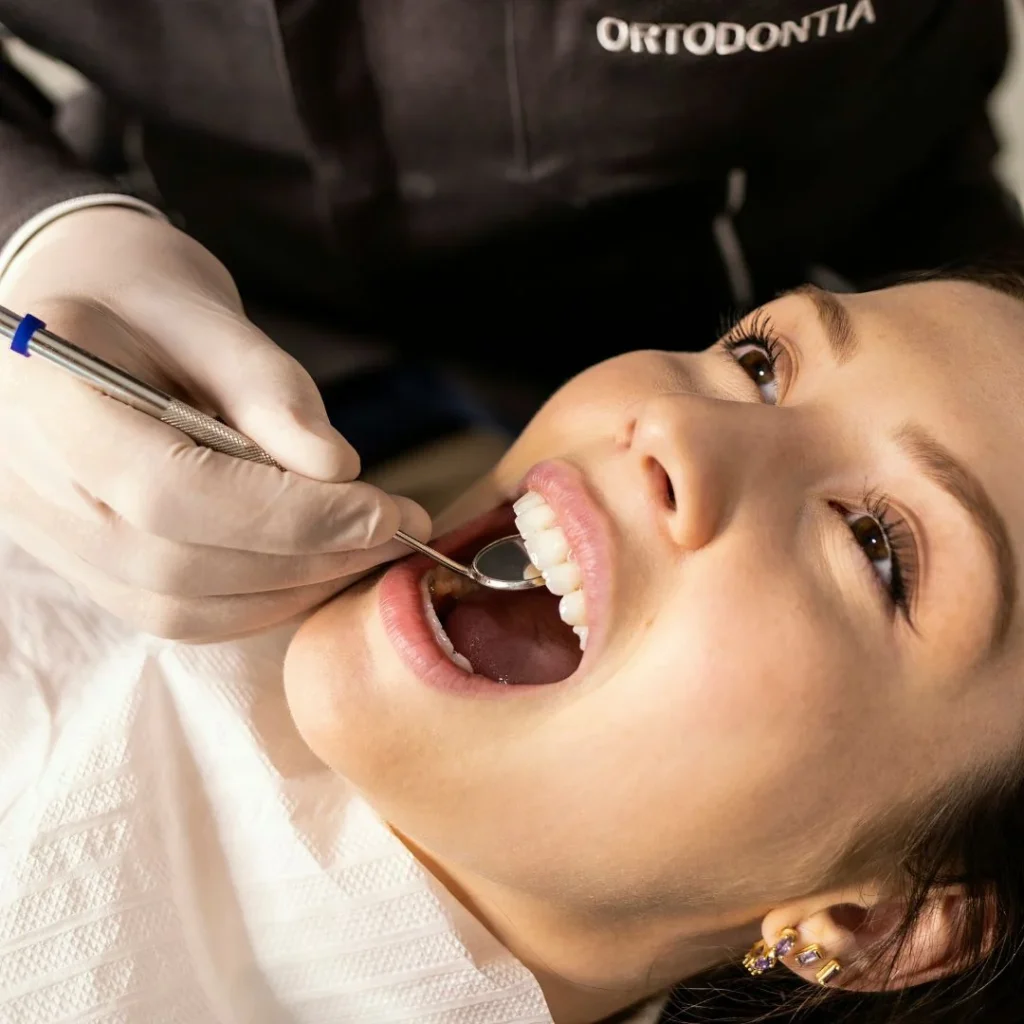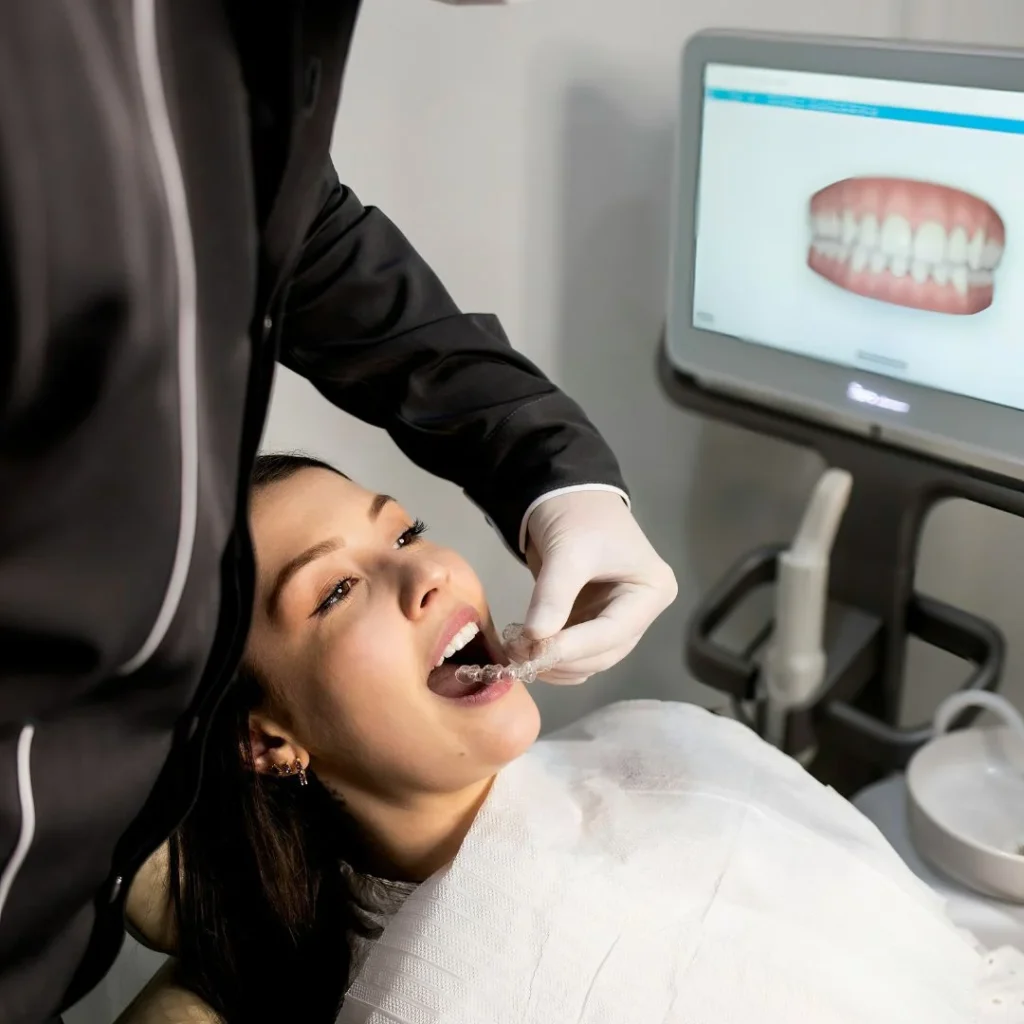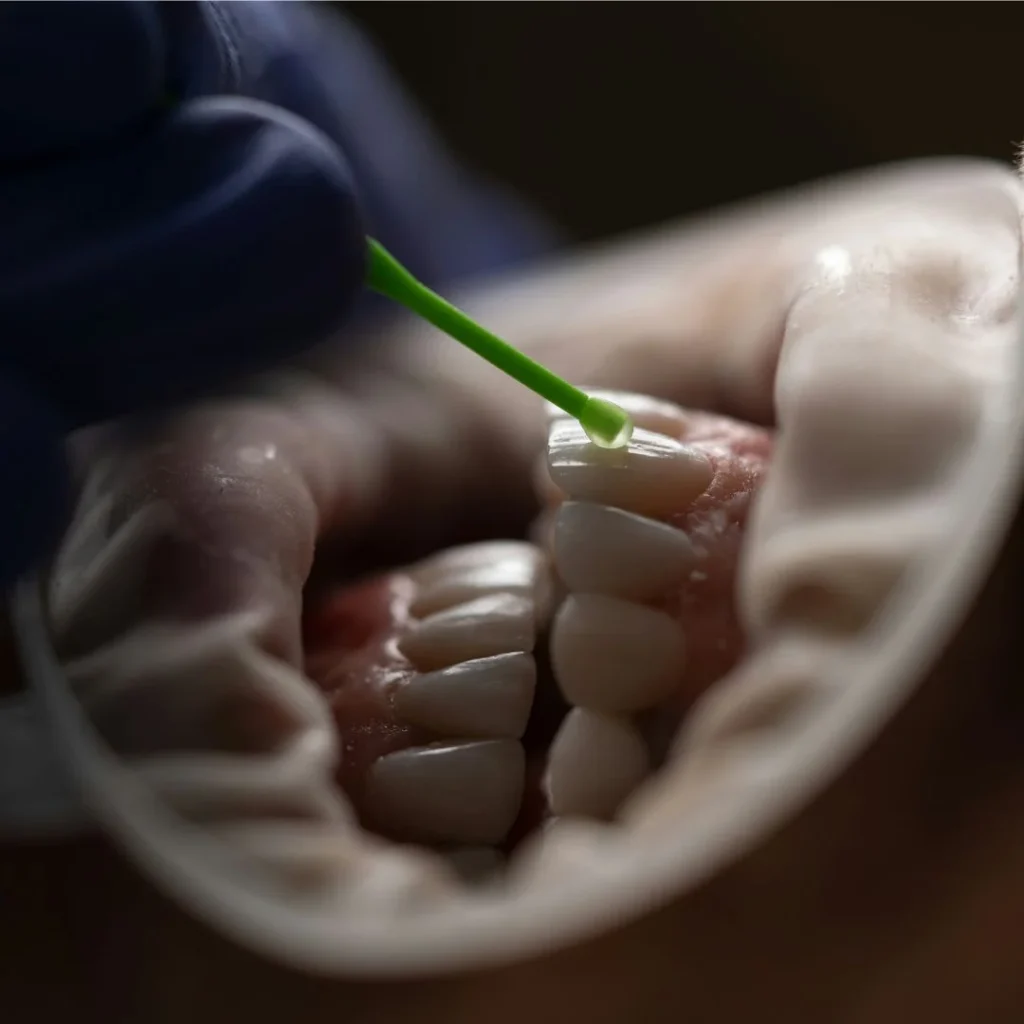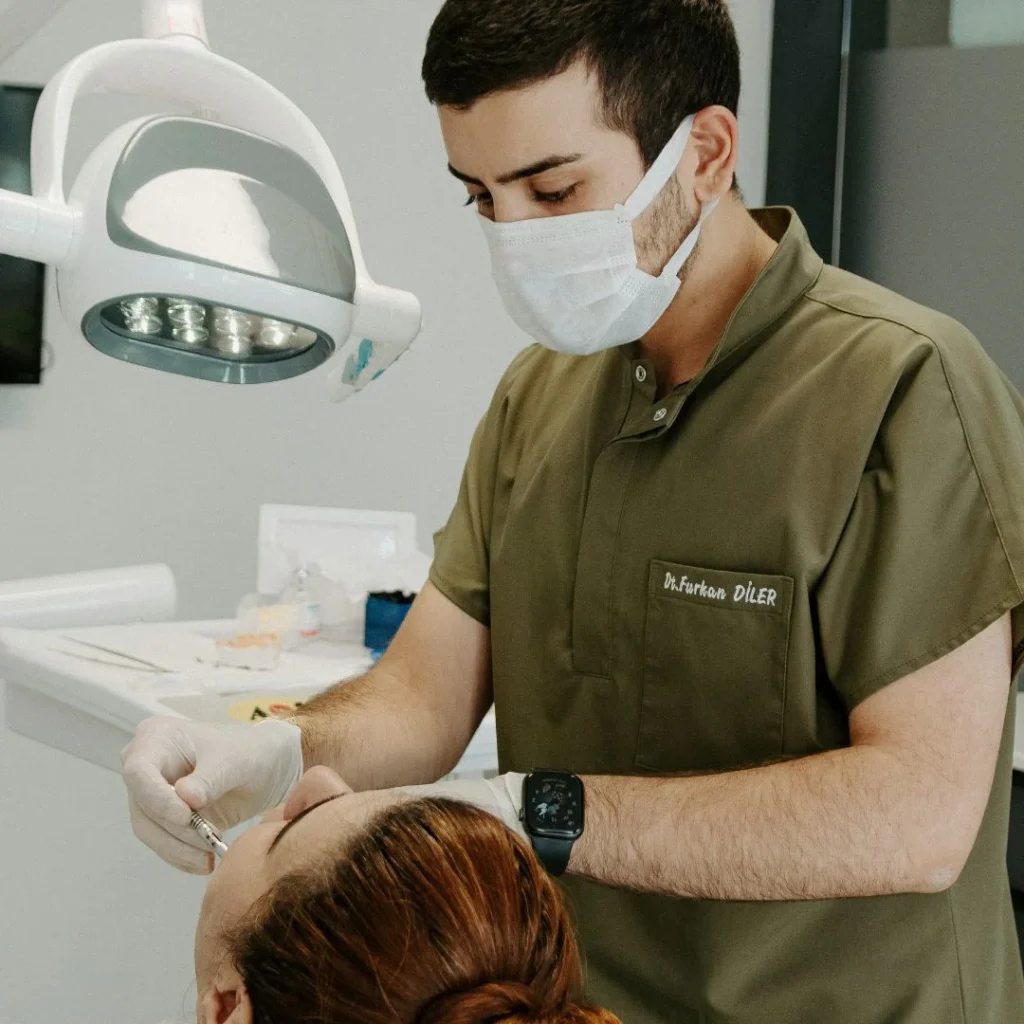
Table of Contents
how to fix a cracked tooth naturally

How to Fix a Cracked Tooth Naturally: A Comprehensive Guide
A cracked tooth can lead to serious discomfort and complications, but there are natural ways to manage the situation until you can get professional dental care. If you’ve been wondering how to fix a cracked tooth naturally, this guide provides helpful remedies and advice to alleviate pain and support healing. While a cracked tooth may require professional attention, you can use natural treatments as a temporary measure to ease your discomfort.
What is a Cracked Tooth?
A cracked tooth is a dental injury where the enamel, the hard outer layer of the tooth, is fractured. It can range from small surface cracks to deeper fractures that may expose the tooth’s pulp, leading to pain, sensitivity, and potential infections.
Causes of a Cracked Tooth
Understanding the causes behind a cracked tooth can help you prevent future incidents. Common causes include:
- Accidental injury or trauma: A fall or blow to the face can cause the tooth to crack.
- Chewing hard foods: Biting into hard objects like nuts or ice can break a tooth.
- Teeth grinding (bruxism): Regularly grinding your teeth, especially at night, can wear down the enamel and lead to cracks.
- Age: As you age, the enamel on your teeth naturally weakens, increasing the risk of cracks.
- Large fillings: When fillings take up a significant portion of a tooth, the remaining structure may be more susceptible to cracks.
How to Fix a Cracked Tooth Naturally: Remedies to Try at Home
While how to fix a cracked tooth naturally may not offer a permanent solution, there are several home remedies you can try to relieve pain and protect the tooth. These remedies are temporary, and seeing a dentist is highly recommended for long-term care.
Saltwater Rinse for Healing
A saltwater rinse is a simple and effective remedy to cleanse the mouth and reduce the risk of infection. Salt has natural antibacterial properties that help soothe swollen gums and prevent bacteria from entering the crack.
How to Use: Dissolve half a teaspoon of salt in a glass of warm water. Swish the solution around in your mouth for 30 seconds, focusing on the cracked tooth. Repeat this rinse multiple times a day to promote oral hygiene and reduce inflammation.
Clove Oil for Tooth Pain Relief
Clove oil is a time-tested remedy for toothaches, as it contains eugenol, which has natural anesthetic and anti-inflammatory properties. Applying clove oil directly to the cracked tooth can help numb the pain and reduce swelling.
How to Use: Soak a cotton ball in clove oil and apply it to the affected area. Hold it in place for a few minutes. You can repeat this remedy two to three times a day for relief. Make sure not to swallow the oil.

how to fix a cracked tooth naturally :Turmeric Paste to Promote Healing
Turmeric, especially its active compound curcumin, is known for its powerful anti-inflammatory and healing properties. Applying a turmeric paste to the cracked tooth may help reduce swelling and encourage healing.
How to Use: Mix turmeric powder with water or coconut oil to create a thick paste. Apply the paste directly to the cracked area and leave it on for about 10-15 minutes before rinsing. Repeat this process twice a day for best results.
Coconut Oil for Oral Health
Coconut oil is renowned for its antibacterial and anti-inflammatory properties. It helps to prevent infection and promotes healing in damaged tissue.
How to Use: Apply a small amount of coconut oil to the cracked tooth, or perform oil pulling by swishing a tablespoon of coconut oil around your mouth for 10-15 minutes. Oil pulling can help remove bacteria and prevent further complications.

how to fix a cracked tooth naturally: The Role of Diet in Fixing a Cracked Tooth
Diet plays a critical role in maintaining strong teeth and supporting healing. Certain nutrients can help strengthen your enamel and reduce the risk of further damage.
Calcium-Rich Foods for Tooth Health
Calcium is essential for maintaining strong teeth and bones. Including calcium-rich foods in your diet can help strengthen your teeth and support enamel repair.
Examples of Calcium-Rich Foods:
- Dairy products (cheese, milk, yogurt)
- Leafy green vegetables (spinach, kale)
- Almonds
- Fortified plant-based milks
Vitamin D for Calcium Absorption
Vitamin D helps your body absorb calcium more effectively. Without sufficient vitamin D, your body may struggle to make use of calcium, which is essential for tooth strength and repair.
Sources of Vitamin D:
- Sunlight exposure
- Fatty fish (salmon, mackerel)
- Egg yolks
- Fortified foods
Foods to Avoid with a Cracked Tooth
Some foods can irritate a cracked tooth, causing further damage or discomfort. It’s important to avoid foods that can aggravate the situation.
Foods to Avoid:
- Hard foods: Ice, nuts, hard candy
- Sticky foods: Toffee, caramel
- Acidic foods: Citrus fruits, vinegar
- Sugary foods: Sweets and sugary drinks can lead to tooth decay around the cracked area

How to Prevent Further Damage to a Cracked Tooth
To protect your cracked tooth and prevent it from getting worse, consider taking the following steps.
Temporary Filling for Protection
If you’re unable to see a dentist immediately, a temporary filling can help protect the cracked tooth. Temporary dental filling kits are available at most pharmacies and can be used to seal the crack and prevent infection.
How to Use: Follow the instructions on the kit to apply the temporary filling. This is not a permanent fix, but it can provide protection until you can get professional care.
Maintaining Proper Oral Hygiene
It’s crucial to keep the cracked tooth clean to prevent bacteria from entering and causing an infection. Regular brushing, flossing, and using mouthwash can help protect your tooth while you wait for professional treatment.
Avoiding Hard or Sticky Foods
Until your cracked tooth is treated, avoid chewing on hard or sticky foods that could worsen the crack or cause pain. Opt for soft foods like soups, smoothies, and yogurt to reduce stress on the tooth.
When to Seek Professional Dental Help
While natural remedies can alleviate symptoms, they’re not a substitute for professional care. If the crack is severe or causing significant pain, you should see a dentist immediately.
Signs You Need to See a Dentist
- Severe pain when chewing or biting
- Sensitivity to hot or cold temperatures that doesn’t subside
- Visible cracks or chips in the tooth
- Swelling, pus, or abscesses around the tooth
Professional Treatment for a Cracked Tooth
Depending on the severity of the crack, a dentist may recommend one of the following treatments:
- Dental bonding: A composite resin is applied to the tooth to fill in small cracks.
- Crown: A crown or cap can be placed over the tooth to restore its function and appearance.
- Root canal: If the crack has reached the tooth’s pulp, a root canal may be required to save the tooth.
- Extraction: In cases where the tooth is severely damaged, it may need to be extracted.

how to fix a cracked tooth naturally :Conclusion
A cracked tooth can be painful and concerning, but natural remedies can help manage the situation temporarily. While these remedies provide relief, they should not replace professional dental care. It’s essential to seek a dentist’s help to prevent further damage and restore your tooth to full health. By following these natural tips and maintaining a healthy diet, you can alleviate discomfort and promote healing until you receive professional treatment.
how to fix a cracked tooth naturally :Frequently Asked Questions (FAQs)
- Can I fix a cracked tooth naturally at home?
- Natural remedies can provide temporary relief, but professional dental treatment is necessary for long-term solutions.
- How do I know if my cracked tooth is serious?
- Severe pain, swelling, and visible cracks are signs that you need to see a dentist immediately.
- Can a cracked tooth heal on its own?
- No, a cracked tooth cannot heal naturally. Professional dental treatment is essential.
- What foods should I avoid with a cracked tooth?
- Avoid hard, sticky, and sugary foods to prevent further damage and discomfort.
- How can I prevent a cracked tooth from getting worse?
- Maintain good oral hygiene, avoid hard foods, and consider using a temporary filling until you can see a dentist.















Comments (4)
How Long Do You Have to Wear Braces for a Perfect Smile 2025says:
March 28, 2025 at 11:59 pm[…] is no one-size-fits-all answer to how long you’ll have to wear braces. The duration depends on several factors that vary from person to person. Let’s dive deeper into […]
leg press hack squat machine-2025says:
April 5, 2025 at 7:54 pm[…] The Ultimate Guide to the Leg Press Hack Squat Machine: Boost Leg Day with Power and Precision […]
where to buy eroxon gel in canada-2025says:
April 5, 2025 at 8:55 pm[…] where to buy eroxon gel in canada […]
casino en ligne fiablesays:
May 21, 2025 at 11:54 pmI need to to thank you for this good read!! I certainly loved every bit of it.
I have got you book-marked to check out new stuff you post…
casino en ligne fiable
Way cool! Some extremely valid points! I appreciate you
writing this write-up and the rest of the site is very good.
casino en ligne
Inspiring story there. What happened after? Take care!
casino en ligne francais
I have read so many posts about the blogger lovers except this piece of writing is in fact a nice paragraph, keep it up.
casino en ligne fiable
This piece of writing will assist the internet users for building up
new weblog or even a weblog from start to end.
casino en ligne
Hi i am kavin, its my first occasion to commenting anyplace, when i read this article i thought i could also make comment due
to this good post.
casino en ligne
Simply desire to say your article is as astonishing. The clearness in your put up is simply great and that i can suppose
you’re an expert on this subject. Well together with your permission let me to grab
your RSS feed to stay updated with coming near near post.
Thanks one million and please carry on the enjoyable work.
meilleur casino en ligne
Do you have a spam problem on this blog; I also am a blogger, and I was curious about your situation;
many of us have developed some nice procedures
and we are looking to exchange solutions with other folks, be sure
to shoot me an e-mail if interested.
meilleur casino en ligne
Thankfulness to my father who stated to me regarding this web
site, this webpage is truly remarkable.
casino en ligne
I know this web page offers quality based articles and
additional stuff, is there any other website which gives these stuff
in quality?
casino en ligne